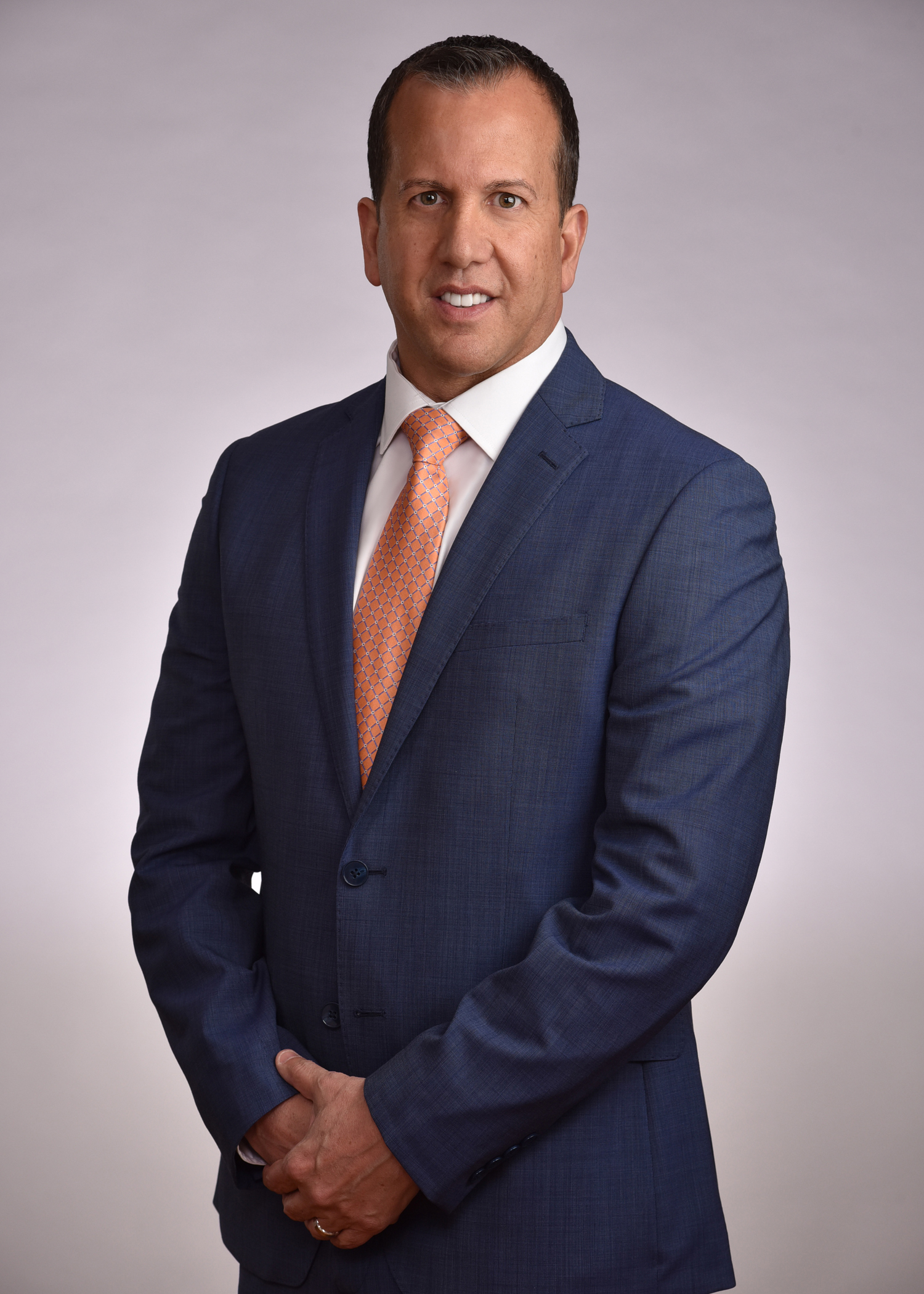What is a Breath Test in Philadelphia?
Philadelphia Law enforcement officers use breath tests in roadside testing and following arrests to help determine if an individual was under the influence of alcohol while operating a vehicle.
A preliminary alcohol screening is often conducted through a portable breath test. A portable breathalyzer unit typically produces a rough estimate of the individual’s level of intoxication. Portable breath test results are commonly inadmissible in court because the devices are not considered sufficiently accurate or subject to the same requirements as more precise tests.
A post-arrest breath test generally requires an approved breathalyzer machine that has been subject to the calibration requirements of the state or federal government. These machines are often located at a facility and typically produce more reliable results that could be admissible in court.
If you were subjected to a breath test after a traffic stop and are facing DUI, DWI charges, contact D’Intino Law Firm LLC immediately at 267-491-9111. We are here to help.
Can You Refuse a Breath Test in Philadelphia?
You can refuse a breath test, but you should be ready to face the serious consequences that generally follow a refusal. It is important to note that all states have a type of implied consent laws. Under such laws, drivers consent to testing for drunk driving in exchange for the privilege of operating a vehicle.
The consequences for refusing a breath test typically differ based on the state and the individual’s prior criminal record. Under most implied consent laws, an individual who refuses a breath test could face immediate license suspension as well as fines. However, some individuals might also face jail time for refusing a breath test.
Additionally, in some states, a breath test refusal can generally be used as evidence against an individual at trial.
Problems with the Breath Tests in Pennsylvania
Unfortunately, the commonly used breath tests are not always an accurate representation of an individual’s level of intoxication. For that reason, it is important for an individual not to assume that they are guilty of a drunk driving offense because of breath test results.
Many of the problems with breath tests relate to the testing device or machine, the individual operating the device or machine, or the test sample. For instance, some of the common problems that could provide inaccurate results include:
- Broken or untested device
- Uncalibrated device
- Testing performed by an untrained person
- Failure to follow testing protocols
- Improper instructions
- Medical conditions suffered by the test taker
- Medications, foods, or drinks
The results of a breath test can be challenged throughout a case, even prior to a trial to try to suppress any evidence due to problems with a breath test device or the results.
How an Attorney Can Challenge Breath Tests in Philadelphia
A breath test is often a substantial part of the prosecution’s case involving a DUI, DWI offense. For that reason, it is essential to ensure that a breath test was performed correctly and the results are accurate.
A DUI, DWI attorney understands the many potential problems with breath tests and the unreliability of their results. Challenging the sufficiency of breath test results typically requires obtaining evidence about the test and filing the necessary motion to seek suppression of the test results. At D’Intino Law Firm LLC, we have helped clients successfully challenge breath test results.
It is crucial that an individual does not assume that the results of a breath test are accurate and unable to be contested simply because a law enforcement officer performed the test. Breath tests can be challenged and should be challenged when appropriate. Call us today at 267-491-9111 or fill out an online form to schedule a free consultation today.
